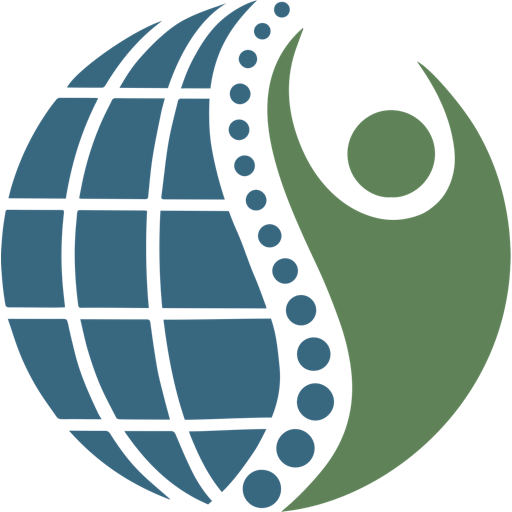The First 90 Days: Meet Botswana Clinical Coordinator Stephen Laski
In July 2019, after two years in Botswana, previous Clinical Coordinator Stefan Eberspaecher stepped down to pursue his next adventure. This provided World Spine Care with the opportunity to recruit Dr. Stephen Laski to the role. Read on for Steve’s thoughts on his first 90 days in Botswana.
Headshot of Dr. Stephen Laski, Clinical Coordinator of the Botswana World Spine Care clinics
Taking the Plunge
Making the decision to move to Botswana was not a decision I tooklightly.
After much deliberation, I made the decision to take the plunge and move to Botswana. It was a difficult decision that was brought on by a number of things. I’d been in private practice in both New York and North Carolina after spending time at the World Spine Care (WSC) clinic in the Dominican Republic for six months after graduating in December 2016. Truthfully, I just did not find myself loving the work environments back at home when compared with the dynamics of being in the field.
I’ve realized I much more prefer the clinical side of things thanworking to sustain a private business. I’m biased by my experience working withpatients in the Dominican Republic when compared to those in the US: Thepriorities of patients are typically different; patients I’ve treated in the USoften come with expectations of “being fixed” by you rather than “being helped”by you.
Learning on the Job
Clinically, it is much more challenging to work in WSC clinics than most clinics at home. I was a bit off my game after being in the “routine” that comes from practicing at home where most patients are typically well and without serious pathology or comorbidities. At the WSC clinics, patients often present with several comorbidities, TB, HIV, or other serious pathology.
“You always need to keep looking and keep building the big clinical picture since many patients may have not been evaluated to such an extent before. This is another perk to practicing in Botswana; I get to implement every aspect of my clinical capabilities.”
The people in Botswana are so welcoming and kind. They are veryrespectful and pleasant, which is a great environment to work in. However – itis an entirely different patient interaction than what I’m used to back at homein the U.S. With many of the patients here in Botswana, there is a greatersense of appreciation. I think that being another source of information forpatients is extremely important and helpful: there are many cases wherepatients are being sent for surgical consults, yet they are far from meetingsurgical criteria.
Driving Sustainable Change in Botswana
I believe very strongly in the value of the WSC program inBotswana. We are creating real change.Our program has been slowly building and expanding since 2011 and recently ithas gained a lot of momentum. We are helping to develop a nationwide spine-careprogram that intends to be free of the downfalls within existing models of carein first world countries. Developing a system that’s founded on anevidence-based classification system, prioritizing conservative care to moreinvasive treatments, and focusing on education is invaluable.
This program has the opportunity to become the standard for how otherdeveloping countries implement care for spine-related disorders the world over.It’s also incredibly exciting just to think about how WSC can hopefully expandfrom three clinics to potentially eight and train a dozen clinicians over thenext 10 years. There’s just so much opportunity to build something great here.
I’ve been here for just 90 days so far. As I continue to learn and progress in this role I want to help WSC expand into new clinics, and to continue to improve our systems and processes in order to help more patients. I’ve learned so much already. One is a quote I’ve recently learned: “Give yourself permission to slow down. You can speed up by slowing down.” (Gabby Bernstein).
Written by Stefanie Ince


